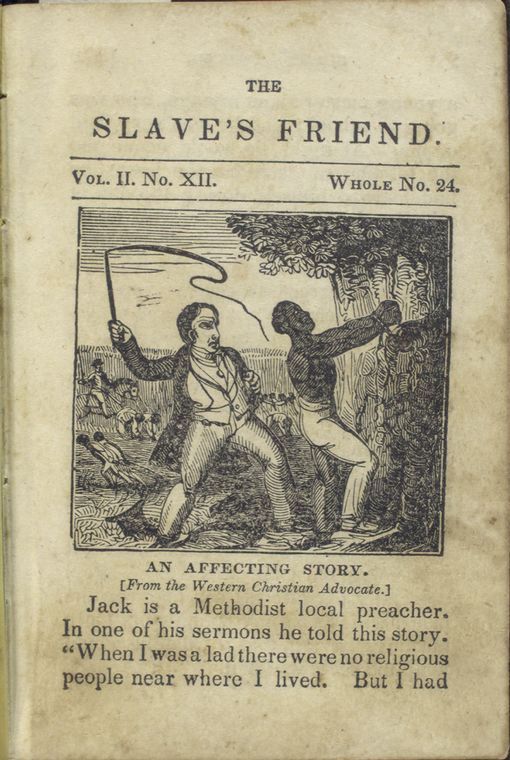1. Carefully clean house. Buhari’s reform agenda probably faces its greatest threat from corrupt, old-school politicians within his own All Progressives Congress (APC) party. Buhari should neutralize some of the APC’s shadiest figures, who could emerge as “veto players,” as described in Carl LeVan’s recent book. Admittedly, housecleaning carries political risks for Buhari…
2. Pare down the parastatals. Buhari has an opportunity to realize immediate savings by eliminating or merging some of Nigeria’s more than 500 federal parastatals and boards. Parastatals are government-operated companies or commercial agencies. Pundits allege that past presidents used parastatal appointments to cultivate national political allies and provincial cronies.
3. Tame the white elephants. Buhari’s apparent determination to revive two “white elephant” economic sectors — domestic oil refineries and steel mills — worry industry experts. Nigeria is replete with these kinds of investment projects where state-owned enterprises are funded for long periods even if they incur huge losses. For decades, Nigerian leaders have thrown good money after bad at these projects because, as Robinson and Torvik argue, white elephant projects yield short-term political gains…
4. Rein in subnational debt. As Buhari tries to put Nigeria’s public finances back in order, the balance sheets of the country’s 36 states are sinking deeper into the red. In a decentralized federal system like Nigeria’s, state budgets typically affect the lives of ordinary citizens more than federal spending does. Since taking office, Buhari has already bailed out 27 cash-strapped states to the tune of $2.1 billion. States’ borrowing trends are risky and need to be addressed, according to a recent report by the African Development Bank.
5. Legislate for the long run. Nigeria will need to feel the “Buhari Effect” (the sense, evident in a recent New York Times article, that there is a new sheriff in town) long after the president’s tenure is over. The best way for him to protect his legacy is to partner with the National Assembly to enact legislation enshrining key reforms. With few other politicians like him on the horizon, Buhari should put his legacy in writing.
Full text from WaPo



